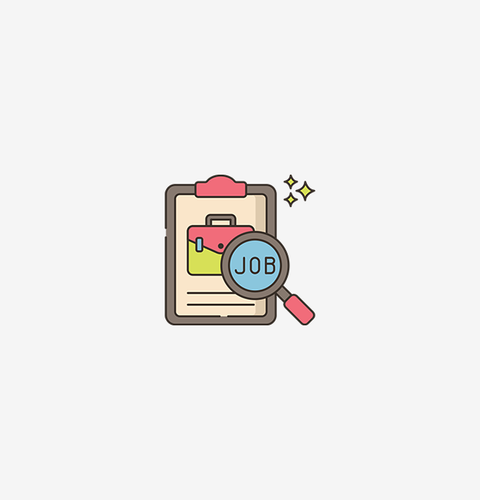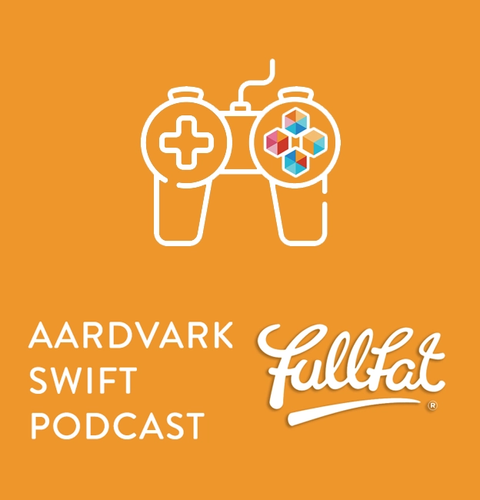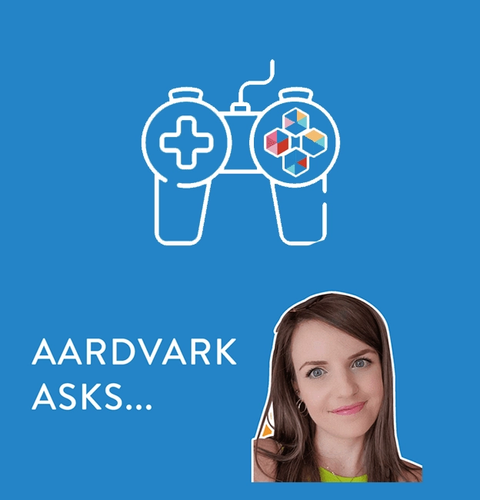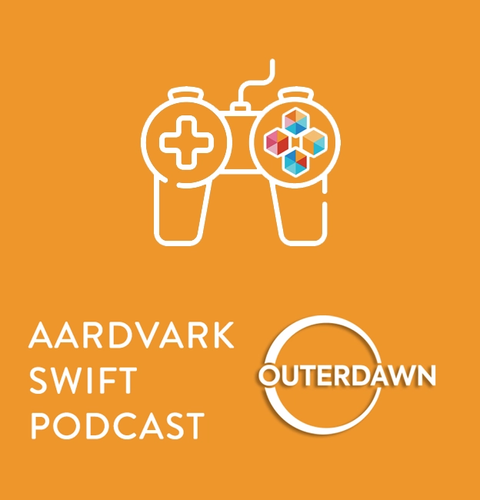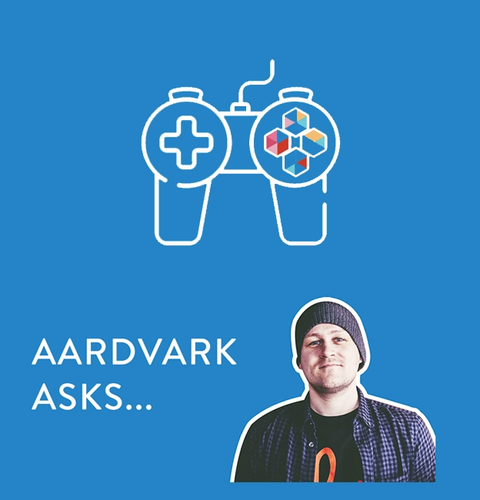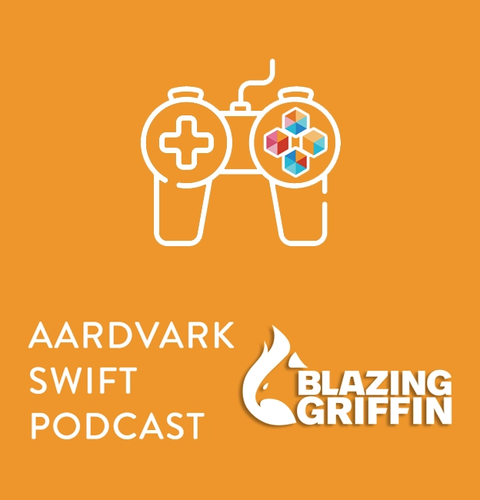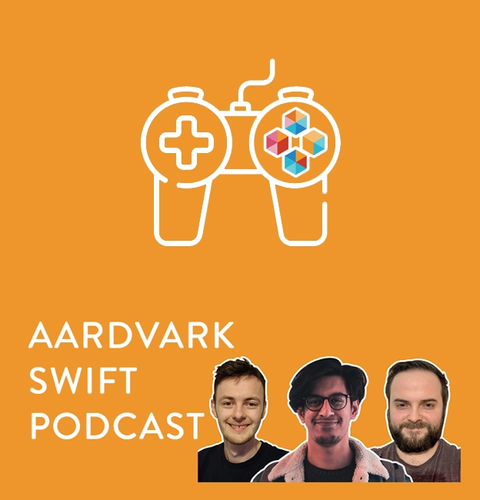What to expect from your first role in the industry
You’ve always known that you wanted to work in the videogames industry. From the day you picked up that controller, mouse, or even joystick, you knew you wanted to be one of the architects behind the scenes, crafting experiences that immerse players across the globe in fantastical stories and expansive worlds. It seemed so simple, hone your trade, then just…make games. Now that you’re on the brink of realising your dream, career progression, studio culture, employee benefits, and wide array of other factors are things that you should be aware of as you embark on your journey in the videogames industry. Whether or not you’re already clued up on what to expect from your first role as a game developer, it’s always good to know just what it’s like from first-had experiences. That’s why Aardvark Swift have caught up with previous graduate placements, so that you can prepare for your first taste of industry life!
With great power…
The level of responsibility that you’ll be entrusted with will no doubt vary from studio to studio, that being said, it’s likely that your hard work at university will be rewarded with projects that have more of a tangible impact on the games you’ll develop than you may have originally thought. Andrew Patton, a Programmer at d3t, began his career with major contributions to projects straight out of the gate. “I had expected a lot of the basics like bug testing”, says Andrew. “But within the first month or so I had been given my own feature, and within the first 6 months I was heading up a multi-year investment into some very exciting architecture. It's been lovely to have my input immediately appreciated.”
Equally, your first role may include more variety than you’re led to believe. Some studios may assign you to core tasks to aid individual projects or the studio as a whole, whereas others may see you jumping from project to project as an additional pair of hands. Character Artist at Airship Interactive Tristan McGuire’s workload saw him tasked with a whole range of fulfilling projects on various titles. “As a Junior Character Artist, I expected to just do individual small pipeline steps that would assist my more experienced artists - but that was not the case at all!” says Tristan. “Right from the start I was given full assets to complete, and times when I would assist other teams with their tasks if those became a priority. I was so impressed by the number of different projects I got to work on and by how much trust was given to me to complete significant assets.”
Putting out fires...
University can set a certain precedent for your expectations of the workload you’ll encounter when stepping up into full-time work within videogames. That, combined with industry folklore and stories of crunch and less than desirable working hours, may leave you with worries that you’ll be snowed under with mountains of code or render models to sift through. Similarly, you may have fears that you’ll be expected to write AAA quality code as a fresh-faced Junior from day one.
Ashley Smith, Gameplay Engineer at Jagex, says this isn’t the case. “When you enter the industry, no one is going to expect you to write the same kind of code as someone with 5 years of experience” says Ashley. “However, you naturally do start working with more complicated code than at Uni. You don't exist in a bubble; you work in a team of people who likely already have a complex codebase. Even though it isn't demanded that you immediately understand and function 100% perfectly with your codebase and your seniors, you do learn how to work with it all and eventually you do in fact become capable of reading, using and writing complex code”.
Your peers will want nothing more than to see you succeed and thrive alongside you, with many Senior members of the team supporting and mentoring you every step of the way to get you at the level you need to be. So, if you need a helping hand, or to ask a question, don’t hesitate to ask. “As long as you're communicating well with your team and tracking your workload on a roadmap, you'll be able to take a huge task and focus on one little bit at a time. Before you know it, you're done and onto the next huge task” says Andrew. Tristan echoes similar sentiments: “I was always told that if I did need more assistance or more time to complete a task, then all I needed to do was ask and that would be sorted out.”
Culture...
Regardless of whether or not you’ve had part time employment outside of the industry, or even work experience at development studios, going from your final year of university to your first year in vocational employment may come with big fish/small pond to small fish/big pond anxieties. Not only are you now standing on the shoulders of giants, but you’re also working alongside them. Imposter syndrome can be all too common in the videogames industry, especially as a Junior, and this can be particularly daunting if you’re look enough to be collaborating with some of your heroes and inspirations.
If you’re about to begin your first role and have these worries, you’ll be pleased to know that after a short while, they’ll begin to fade as you get accustomed to your new working environment. Your pipelines will become day-to-day, your skills will become more refined, and those industry legends will become, colleagues, mentors, and perhaps even friends.
If you’re at a studio with a positive work culture and find yourself feeling like a little fish, as Andrew puts it, “At d3t, the little fish is met with the respect of a big fish. Also, there are no sharks, no one's actively trying to make your life harder. The water's a nice temperature, calm waves...I could have fun stretching this analogy, but the point being: it's been very comfortable so far. You of course have to grow, rise to the challenges, etc., but you're enabled by the great team you have around you.”
Similarly, if you begin to doubt your abilities and qualifications for the role, Ashley Smith advises “If you do your best, smile and work as a team then you can never be faulted for your efforts. I had faith that the hard bit was over and now that I had a contract signed, my employer had just as much responsibility as I did. It was my job to work, but it was also my employer's job to get me to where I needed to be. I told myself that my employer wouldn't have given me that contract and wouldn't have signed it if they didn't think I could do the job, and so I just kept being myself and did my best.
Final thoughts...
To finish off, we asked our contributors for some final words of wisdom, a last piece of advice to impart you with. Here’s what they had to say:
Andrew Patton: “Ask questions! The only daft questions are the ones you don't ask, and that's not just a fun little saying; you really are encouraged to ask as many questions as you need to. Shout loudly! If you're stuck, then ask for help, but also make it very clear you are currently stuck. This lets production know that your task might slip behind - if it does, so be it, the task is done when it's done. It’s far worse to not speak up and let your Seniors find out first hand that the project is behind schedule.”
Tristan McGuire: “Communication is the most important skill that makes a project run smoothly (and therefore makes for a stress-free experience). If you are unsure about anything, no matter how trivial or serious, make sure to reach out to someone. Being part of a team, you realise that now you have access to the knowledge of everyone and all you need to do is ask! If you ever think you need more time on something, just let production know and they will sort out the schedule to accommodate.
Ashley Smith: “When entering a new team, go around and try to talk 1:1 with each person. This applies more so for the people working permanently remote like myself. People can get busy, and sometimes they just forget that new people have started working at the studio. Perhaps their role means they work on a different team to you, and the organic interactions you expect to happen simply don't. Just shoot messages at people and say things like 'hi, nice to e-meet you' and just make conversations. It'll help you find buddies to work with when you're in a pinch and will also help you understand the team on a whole new level. Similarly, when newcomers join the team, always say hello to them and offer to chat.”
How we can help you...
These are just some of the concerns that you may have when about to start your first role; everyone will have their own worries. We’ve compiled tips and advice on several topics, with input from industry leaders and candidates alike, so be sure to take a look in our candidate resources section. If you’re yet to find your first role in the industry or are looking for your next dream role, get in touch with us at info@aswift.com to see how we can help!


